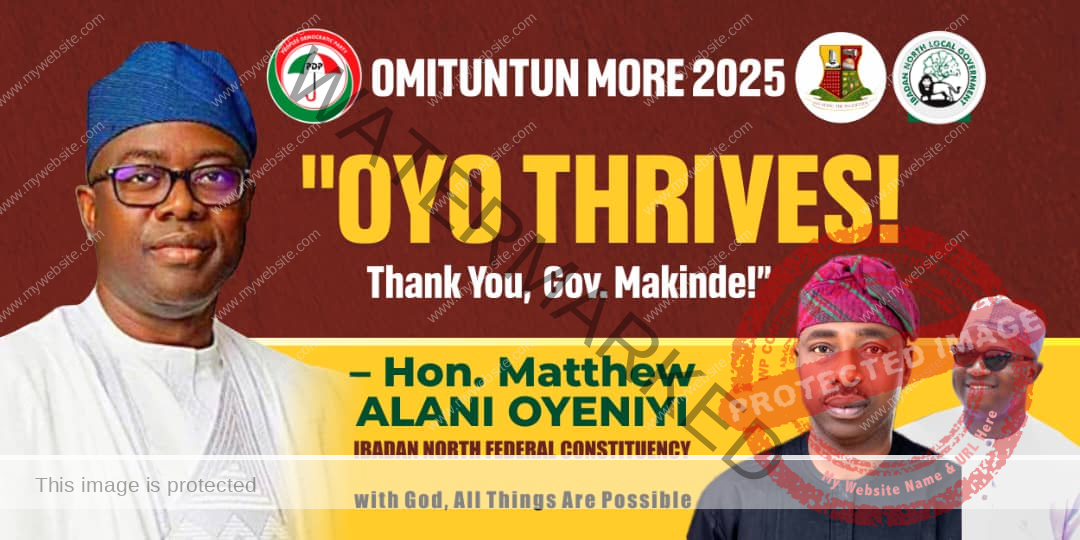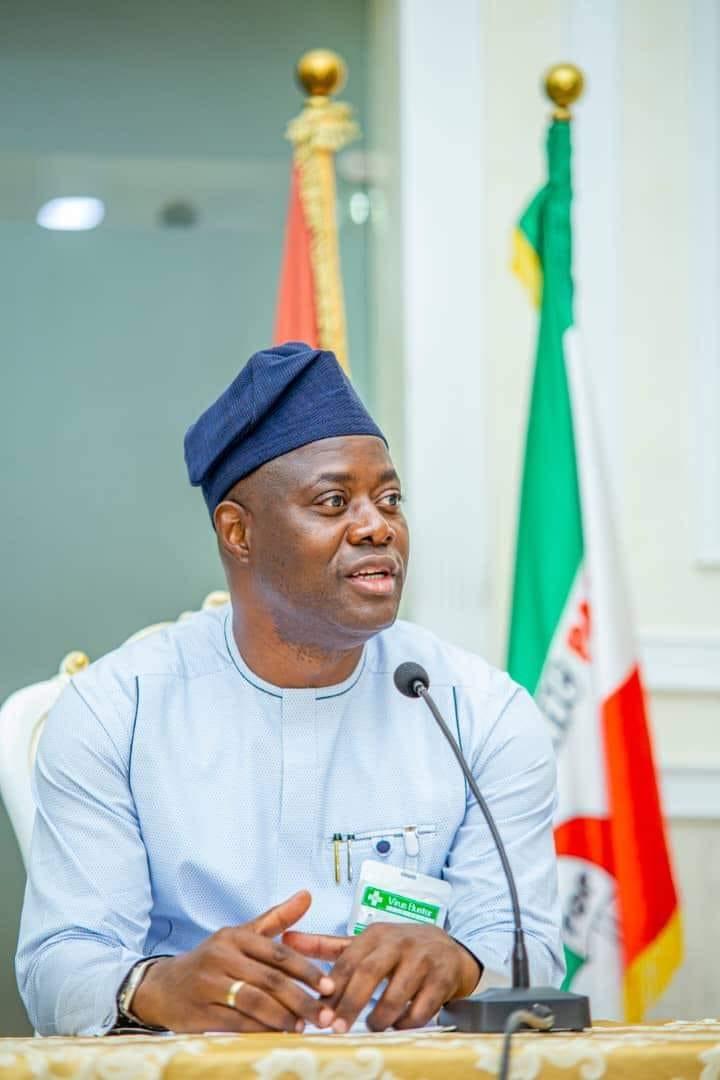

The Local Government in Nigeria is an indispensable tier of government in the Nigerian federal system. It is deeply rooted in the law of the land and derives its powers from the constitution. Section 7(1) of the constitution of the Federal Republic of Nigeria, states that the system of Local government by a democratically elected local government council is under this constitution guaranteed.

Local governments and elections are two essential features of modern democracies.
They help to establish, nurture and sustain democracy and democratic political
culture where people of each community in respective local government will be able to fill the impacts of the local government and burdens will be relieved from the state government and the federal government.

Local governments are viable instruments of grassroots political participation and
socialization. Good conduct of elections into local governments provide the electorate with the power to freely participate in choosing their leaders and in providing the much-needed support and legitimacy to the state.
Leaders are made accountable, and the institutions that create the stability of the political system are strengthened through effective monitoring of their elected officials.
There are five varied phases, during which local government’s fortune rose and ebbed in Nigeria
The first phase, commencing in the early 1950s, witnessed early efforts at
democratisation. It marked the end of ‘Indirect Rule’ system; the second phase which began in early 1960s and terminated with the end of the Civil War in 1970; the third phase inspired and epitomized by the local government reforms of 1976; the fourth phase within 1984 to 1993 where the first set of local government chairmen was elected at this phase; the last phase which is 1994 to date has been characterised by efforts to modify and resuscitate the system more, and the Federal capture it better with the autonomous power given to the local government where NGFIU, Nigerian Financial Intelligence Unit, an agency of the Federal Government in a proactive manner to emasculate the 774 local councils from the ravenous and banditry grip of the states commenced a new financial regime of direct disbursement of monthly statutory allocation to strengthen the councils. Since June 2019, local governments all over the nation has been receiving statutory monthly allocation from Abuja.


In Oyo State, the legal tussle instituted by sacked ALGON has really created a big vacuum as caretakers has less authority over the local government fund and this has created a lot of gap in the effective delivery of dividend of democracy across the local communities.
With the intention of the Governor Seyi Makinde to conduct local government elections.Oyo State Citizens are being charged on this area :
a. What was the level of citizens’ participation in the last local government
election in the state?
b. Assess the challenges of local government elections in Oyo State in the last kangaroo election conducted by dissolved OYSIEC.
c. Which of the basic social services were provided by the local governments in Oyo State from 1999 to date?
All these three are very important to the electorates and this will charge incoming elected officers to the various local government in Oyo State to know the task at hand.
Local government in Oyo State and all over the nation is equated with grassroots participatory democracy;it refers to self-government of the local community for local community
by its elected local inhabitants; local council has substantial control over its local affairs
as well as staffing and institutional and financial powers to initiate and direct theprovision of services and to determine and implement projects that complement the activities of the state and federal government in their areas;through through devolution of functions to the councils and through the active participation of the people and their traditional institutions, that local initiative and
response to local needs and conditions are maximized; Local government council is at liberty to make bye-laws to enable it perform specific functions, have control over its finances, recruit and discipline its staff and formulate policies to usher in development programmes within the broad national objective(s); establish local representative government institutions through which appropriate services and development activities can be made more responsive to the local community; to provide opportunities for local communities to exercise their democratic right to self governance and determination at the local levels, and to encourage and develop initiatives and leadership potential; to mobilize human and material resources through the involvement of members of the public in their local development; and to provide a two way channel of communication between the local communities and the central government;potentials of Local Governments for Promoting Social and Economic Development .
Local governments have a role to play in the economic development of any nation; provision of infrastructure and related services; healthcare provision;development of locally-customized poverty alleviation initiatives; incentives for good governance at the local levels.
Governor Seyi Makinde believe that openness and participation are antidotes to good governance and control of good administration and he has charged the newly constituted OYSIEC, Oyo State Independent Electoral Commission which was established by the State Independent Electoral Commission Law, to go with the pursuant to Section 197 of the Constitution of the Federal Republic of Nigeria, 1999 and conduct, organize and supervise local government election in the state.
The Local government as the third tier government in the Nigerian federation was born out of the clear need to better the lots of local citizens in the country.
A well packaged and articulate plan for Local
government in Oyo State would reduce criminality, unemployment, rural-urban drift and encourage economic, agricultural growth and political education.














